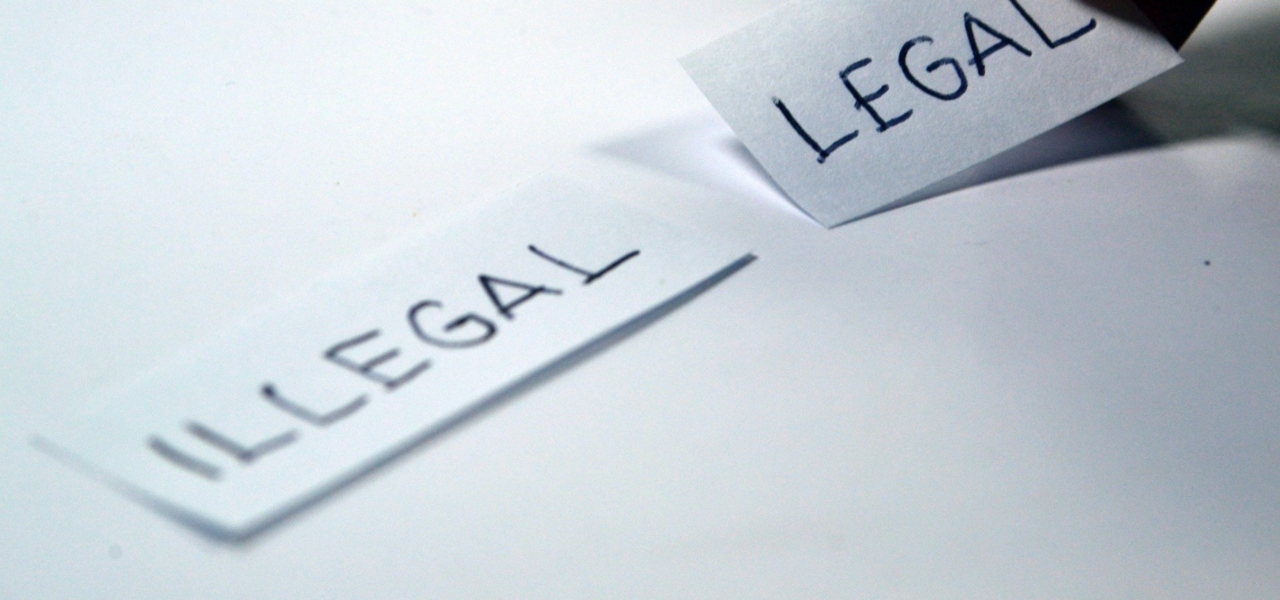
- Entity Formation: There are many different legal entity forms a business may take—a sole business name, partnership, joint venture, or limited liability company. Each has pros and cons and different tax implications. Picking the right form for your business has liability, legal, tax, and financial implications. While information on entity formation is available through the Registrar of Companies and other resources, a lawyer can advise you on which business structure is best, based on your business plan and goals, as well as your personal liability and tax expectations.
- Structuring Ownership, Control, and Responsibilities: If your business has more than one owner or beneficiaries, it is recommended that your business have certain agreements prepared that outline the relationship between the owners—such as who has what responsibilities, who has the power to make certain decisions, each owners’ financial interest in the business, and how to handle ownership termination. These agreements often take the form of operating agreements and shareholder agreements for corporations. Ultimately, formal owner agreements help prevent future disputes and the need to hire a lawyer to resolve such disputes. Although such agreements may not seem like a priority in the early stages of your business, they can be key to the future stability and security of your business. Additionally, these agreements are often easier to negotiate and prepare during a preliminary phase, rather than down the road when money and interests are involved.
- Conducting Business Through a Website: If your business’ intention is to offer online goods and/or services, it is going to need a Privacy Policy and a Terms of Use Agreement. A Privacy Policy is a legal statement on a website that describes how personal data collected from users and customers of the website will be used. A Terms of Use Agreement is a policy on a website that describes the terms and conditions of users’ use of the website. A lawyer can produce a custom Privacy Policy and Terms of Use Agreement for your website that provides you with the specific liability protection your business needs.
- Regulatory Compliance: Depending on the character of your business, you may be subject to Cyprus law and E.U Regulations. A lawyer can advise you on which regulations your business is subject to and the steps your business must take for compliance.
- Protecting Your Business’ Brand: Whether you plan to grow your company on a local, national, European or international scale, you will want to ensure that your business’ brand is sufficiently protected. By acquiring a trademark in your business’ name and logo, you can prevent other companies from using your name or branding (or a confusingly similar name or branding) for similar products and services within a geographic area. A lawyer with intellectual property law experience can help you verify that you can use your name and logo in the geographic area and within the market you desire, and aid you in filing for your trademark registration.
- Protecting your Invention: If your business is based on an invention, you will want to apply for a patent to prevent others from reproducing and profiting from your design. Speaking with a lawyer will help you get this process done right, and, as with a trademark registration, a patent provides your business with the ability to enforce IP rights against competitors.
- Formalizing Third Party Agreements: If you plan to do business with other companies or individuals, offer contract services to customers, or hire employees or independent contractors, you will need well-drafted agreements to help manage your risk. A lawyer can advise you on what agreements your business will need and prepare such contracts for you, tailored specifically to your business’ needs.
